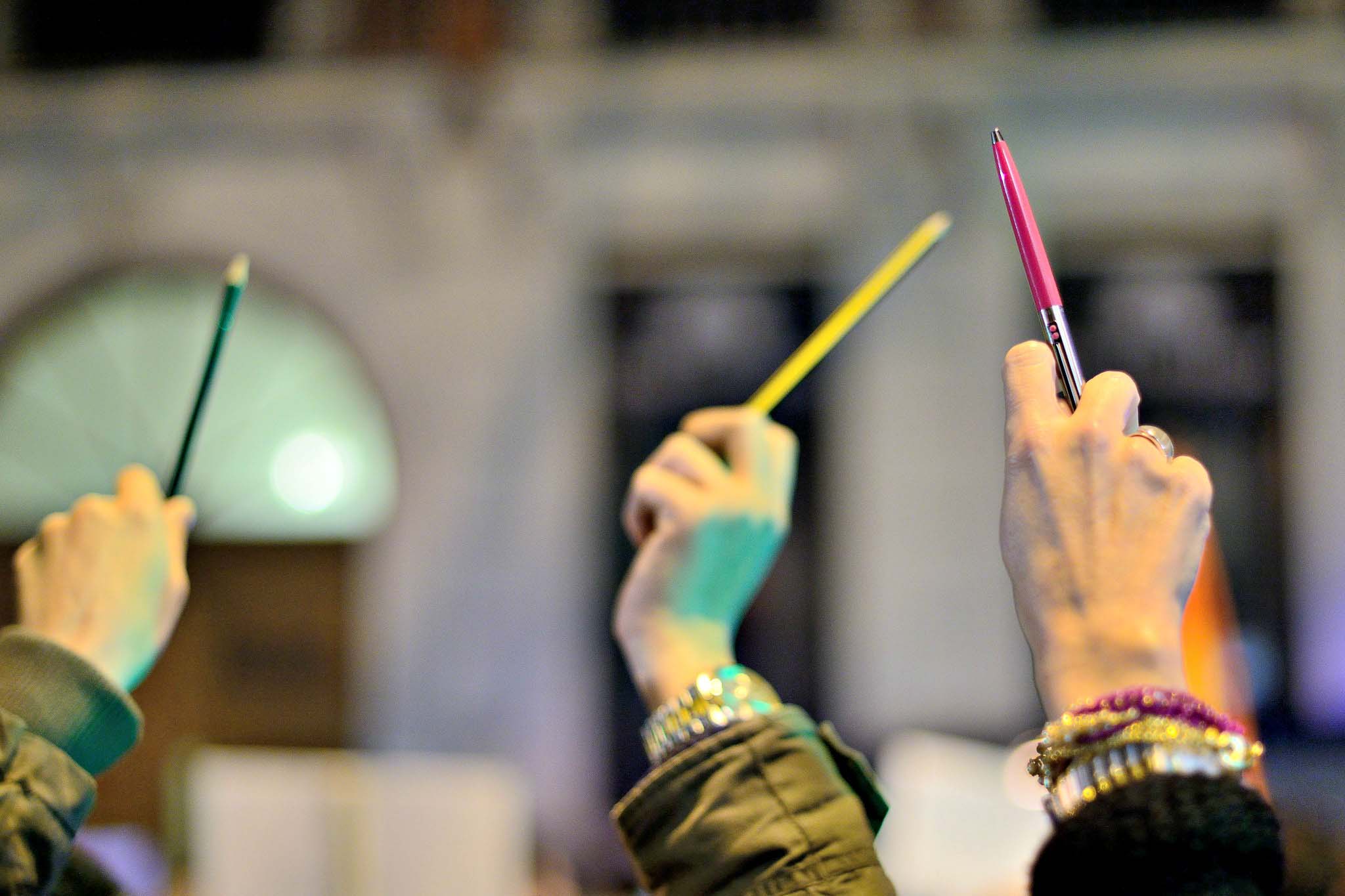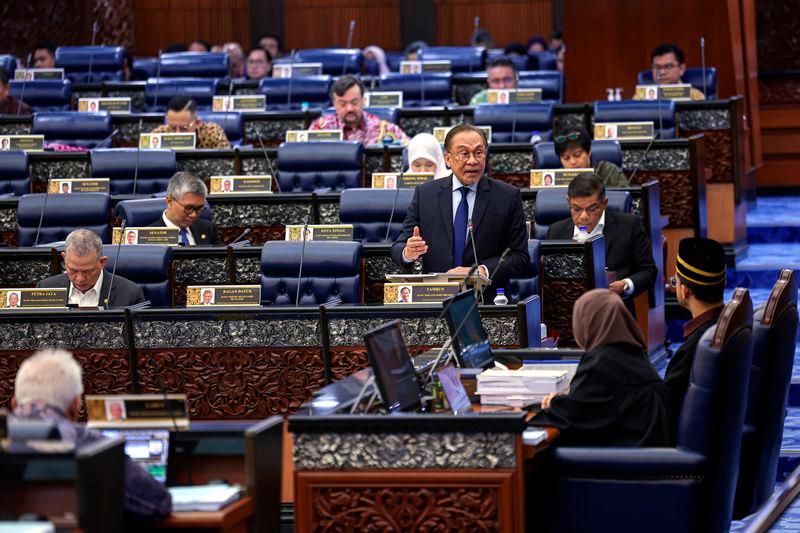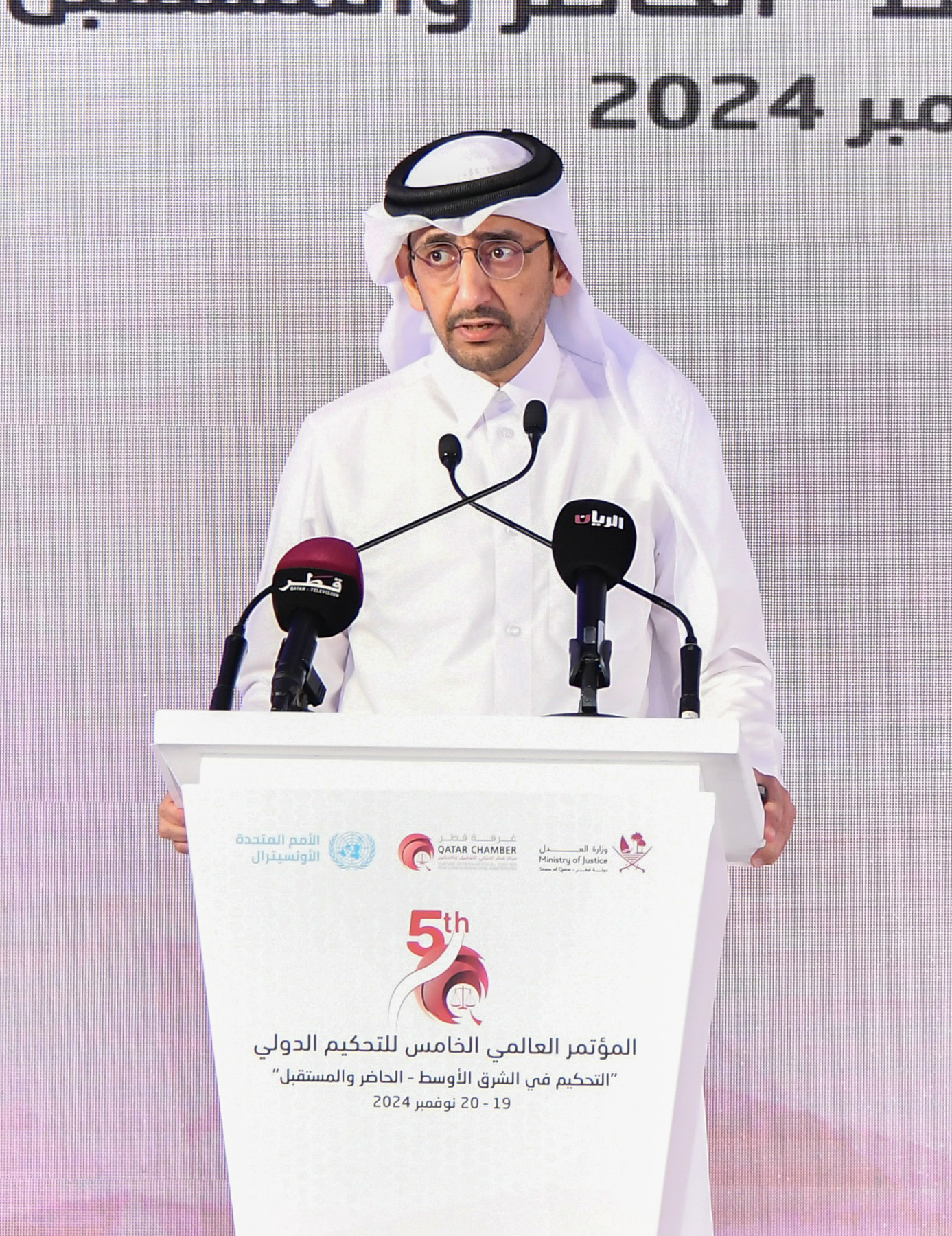
The arrests last year of two foreign film crews in Qatar has made journalists more apprehensive about investigating and reporting on the country, according to a media rights watchdog.
Reporters Without Borders knocked Qatar down two spots in its annual World Press Freedom Index, released yesterday. Qatar now sits in 117th place among 180 nations included in the ranking, behind Kuwait but still ahead of the other GCC countries.
The Paris-based organization attributed the nation’s worsening score to the “arbitrary detention of journalists,” namely the arrest of German reporter Florian Bauer in March 2015 and, two months later, BBC journalist Mark Lobel.

“This affects the way journalists see their freedom to circulate around the country and cover a story,” Alexandra El Khazen, the head of Reporters Without Borders’ Middle East Desk, told Doha News.
Continuous drop
This is the third straight year that Qatar has slipped in the organization’s rankings.
The country’s score continues to be weighed down by a cybercrime law approved in 2014 that makes it illegal to publish “false news” or create online content that’s deemed harmful to the country’s “social values” or “general order.”
Critics say provisions of the law are open to abuse by authorities and “severely restrict freedom of expression.”
To date, the cybercrime law appears to have been primarily used in cases of libel – which was already a criminal offense in Qatar – involving electronic communication.
But its limited application thus far doesn’t reassure some industry observers.
“It’s not welcoming journalists to push boundaries or practice traditional journalism,” Matt Duffy, an expert on journalism and media laws in the Middle East, told Doha News.
“It’s always sitting there, as a journalist is at their computer (deciding what stories to write). That cybercrime law is always sitting there,” added Duffy, who is an assistant professor in the School of Communication and Media at Kennesaw State University.
Self-censorship
Despite Qatar’s persistently low ranking on the Reporters Without Borders index, some people inside the country say they see signs of improvement.
Last month, Northwestern University in Qatar dean and CEO Everette Dennis told Doha News that he believes local news coverage has become more robust, although journalists are still “measured” in most of their reporting.

“There are things being written about now … in ways that might not have taken place in the past,” he said.
However, there is still a high degree of self-censorship practised by journalists in Qatar.
The country’s major daily newspapers are owned by individuals with ties to other large businesses owners as well as government officials, and are not keen to publish articles critical of the nation or its leaders.
Following the release of Amnesty International’s findings late last month on construction workers at Khalifa International Stadium, several newspapers published articles defending Qatar and “slamming” the report.
However, none actually repeated Amnesty’s allegations that human rights abuses are occurring at a World Cup construction site.

El Khazen said the self-censorship would need to be scaled back before Qatar can move up her organization’s index:
“Media outlets being able to tackle different kind of topics, have more debates and be more outspoken,” she said.
Legislative issue
Both El Khazen and Duffy said laws limiting press freedoms – including Qatar’s cybercrime legislation – should also be amended.
Duffy added that defamation should be treated as a civil, rather than criminal, offense. At the moment, a complaint could theoretically lead to an individual being arrested and held in jail before appearing in court.
“That can be used to intimidate journalists,” he said, adding:
“Despite Al Jazeera being headquartered in Qatar, the country doesn’t have any legal protection (for journalists) to work … without encumbrance.”
The top-scoring nations on this year’s Reporters Without Borders Index were Finland, the Netherlands and Norway. Turkmenistan, North Korea and Eritrea held the bottom three positions.

Within the GCC, Kuwait ranked the highest at 103rd. It was followed by Qatar (117), the UAE (119), Oman (125), Bahrain (162) and Saudi Arabia (165).
El Khazen said there are several common factors weighing down the rankings of the Gulf states, such as bans on criticizing the region’s ruling families and Islam.
Bahrain and Saudi Arabia fared particularly poorly because of the number of imprisoned journalists in those countries, she added.
Thoughts?







